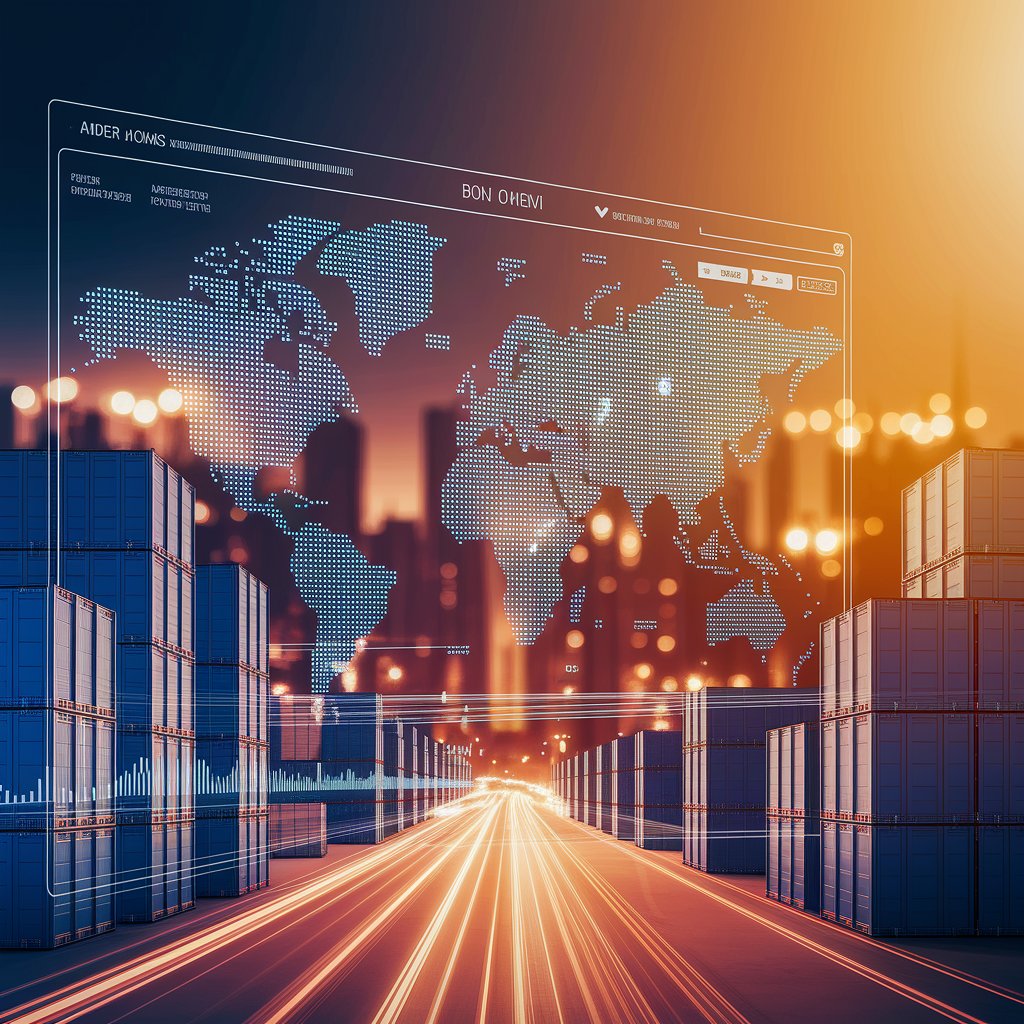Digital Freight System: Modernizing Global Shipping Operations

Freight Forwarder
A digital freight system delivers exactly that — combining advanced software, automation tools, and real-time data to simplify freight operations from booking to delivery. By connecting carriers, freight forwarders, and shippers on a single platform, these systems eliminate inefficiencies, reduce costs, and improve customer satisfaction.
What Is a Digital Freight System?
A digital freight system is a technology platform designed to manage and optimize the movement of goods. It offers end-to-end freight management, enabling logistics providers to:
- Book shipments online instantly
- Track cargo in real time
- Automate documentation and compliance processes
- Access rate comparisons and carrier availability
- Generate analytics for strategic decision-making
In short, it’s the digital backbone of modern freight forwarding.

Key Benefits for Logistics Operations
Benefit | Why It Matters |
Speed | Eliminates manual processes, reducing turnaround times |
Accuracy | Minimizes human errors in booking and documentation |
Transparency | Provides real-time shipment status and updates |
Cost Control | Offers competitive rate visibility and route optimization |
Scalability | Supports growth without proportional increase in resources |
How It Works
A digital freight system integrates with multiple logistics tools, APIs, and data sources to centralize operations. It connects:
- Carriers for scheduling and rates
- Shippers for booking and cargo details
- Customs and compliance tools for clearance
- GPS & IoT tracking devices for real-time location data
By consolidating all these elements into a single interface, logistics providers can manage shipments more efficiently and with fewer communication delays.

Advanced Features & Technology
Modern digital freight systems go beyond basic booking and tracking. They often include:
- AI-powered route optimization
- Automated invoicing and payment processing
- Predictive analytics for demand forecasting
- Integration with warehouse management systems (WMS)
- Digital document signing and blockchain security
These innovations make freight operations not just faster, but smarter.
Why It Matters for the Future of Logistics
As global supply chains become more complex, the ability to adapt quickly is critical. A digital freight system allows logistics companies to stay ahead of disruptions, optimize resource allocation, and deliver consistent service quality — all while leveraging the latest technology for competitive advantage.

Conclusion
A digital freight system is no longer just a convenience — it’s a strategic necessity. By adopting a fully integrated digital platform, logistics companies can accelerate operations, improve visibility, and drive profitability. In an industry where efficiency equals success, digital transformation is the key to staying competitive in the global shipping arena.
